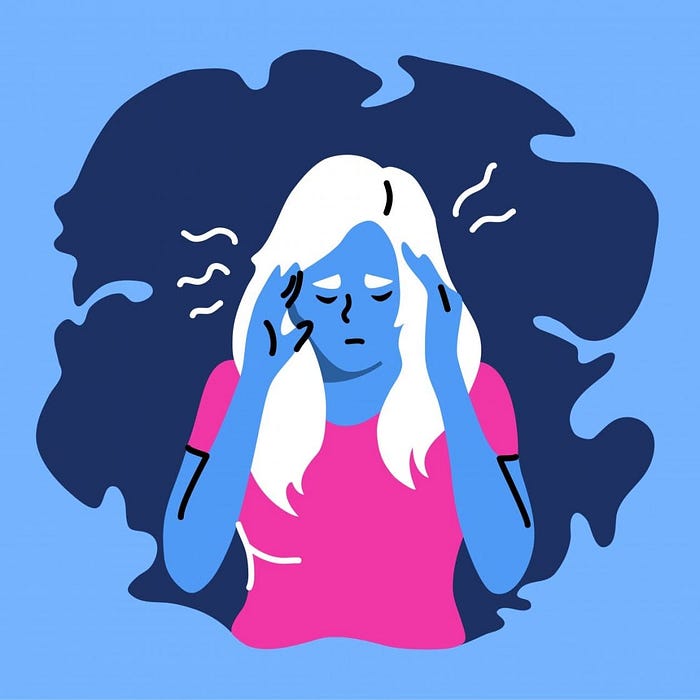The world seems chaotic right now. If you’re overwhelmed by it, you’re not alone.

As technology continues to expand to unprecedented levels, so too does our exposure to the news. News anxiety is defined by psychologists Dr. Marty Seif and Dr. Sally Winston as “a biologically based trait that is experienced as repetitive looping thinking, a sense of getting mired in worry, a talent for imaginative flights into catastrophic images and thoughts, and a tendency for junk channels of the mind to get loud and insistent instead of simply flowing by.” Individuals that struggle with this type of “sticky mind” tend to excessively ruminate on specific thoughts, images, and “what-if” scenarios. In relation to the news, these stories they consume may fill their headspace for hours or days on end.
This process initiates when people are overstimulated with news coverage, leading to them becoming plagued by anxiety as they fail to compartmentalize their thoughts and feelings. In short, people who experience news anxiety struggle to put the stories they consume to the side and continue with their day, as a majority of humans are able to do.
As news media continues to occupy our daily lives, the relevance of news anxiety will only continue to grow. With such ease of exposure to news in today’s world, therapists like Kate Hogan are beginning to recognize that humans are “not designed for the level of stimulation we are now exposed to”. She explains that our brains don’t have the natural ability to process such large amounts of information in such short bursts. Instead, we need adequate downtime to switch our brains off.
Anxiety (or other mental illnesses) often come up in college because students are in the midst of a major life transition which can affect everyone differently depending on their knowledge on how to cope effectively.
Having to juggle a heavy course load, part-time/full-time jobs, and participating in extracurricular activities can take a toll on students’ mental health. Additionally, the pressure to succeed and graduate with a good-paying job can negatively impact students’ outlook on life. Having all these worries plus hearing drastic news events happening all over the world can add compounding stressors. This is especially true when there is uncertainty about what the future holds for them and what the world will look like when they graduate from college.
University officials may not know how to properly address anxiety among the student body, especially when the budget has limited funds for mental health resources. This can affect how many counselors are available to help students in need.
Anxiety can have a long-term impact on health and well-being, and can still be present even after students graduate from college.
A huge part of what can make news anxiety feel so overwhelming is the sensation of being out of control of what is going on in the rest of the world. Because of this, it’s important to be able to find a balance between staying informed, and knowing how to step away when your mental health is being negatively affected. We live in a world where we can access the news within seconds at any point of the day, which makes this all the more necessary.
Finding tangible ways that you can help, whether it’s spreading awareness or donating to organizations, is another strategy that might help to feel like you’re gaining a bit of control in the situation. (You can find Ukraine resources here).
As with any other mental health-related issue, reaching out and talking to others about what is on your mind can be one of the most helpful ways to deal with the stress and anxiety of the news. Talking to others can not only give you an outlet to express what is on your mind, but you might find that your friends or mental health professionals have some tips that they’ve personally found to be helpful.
